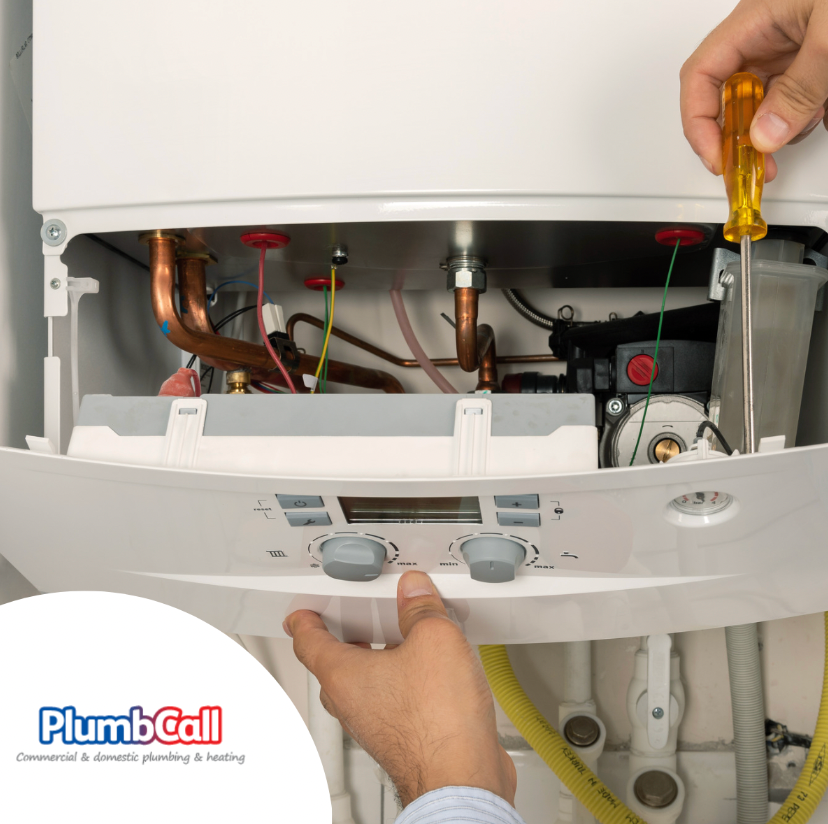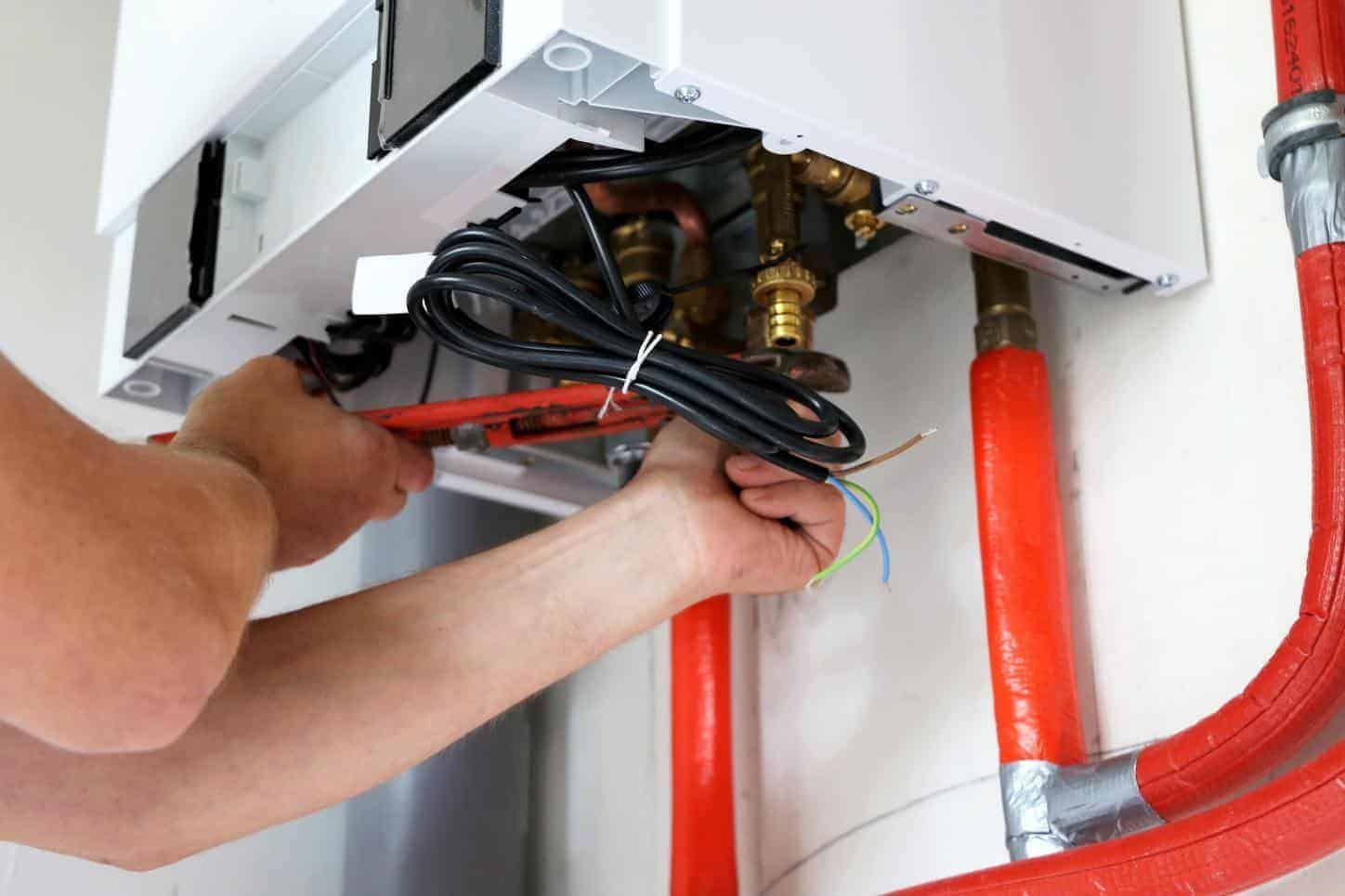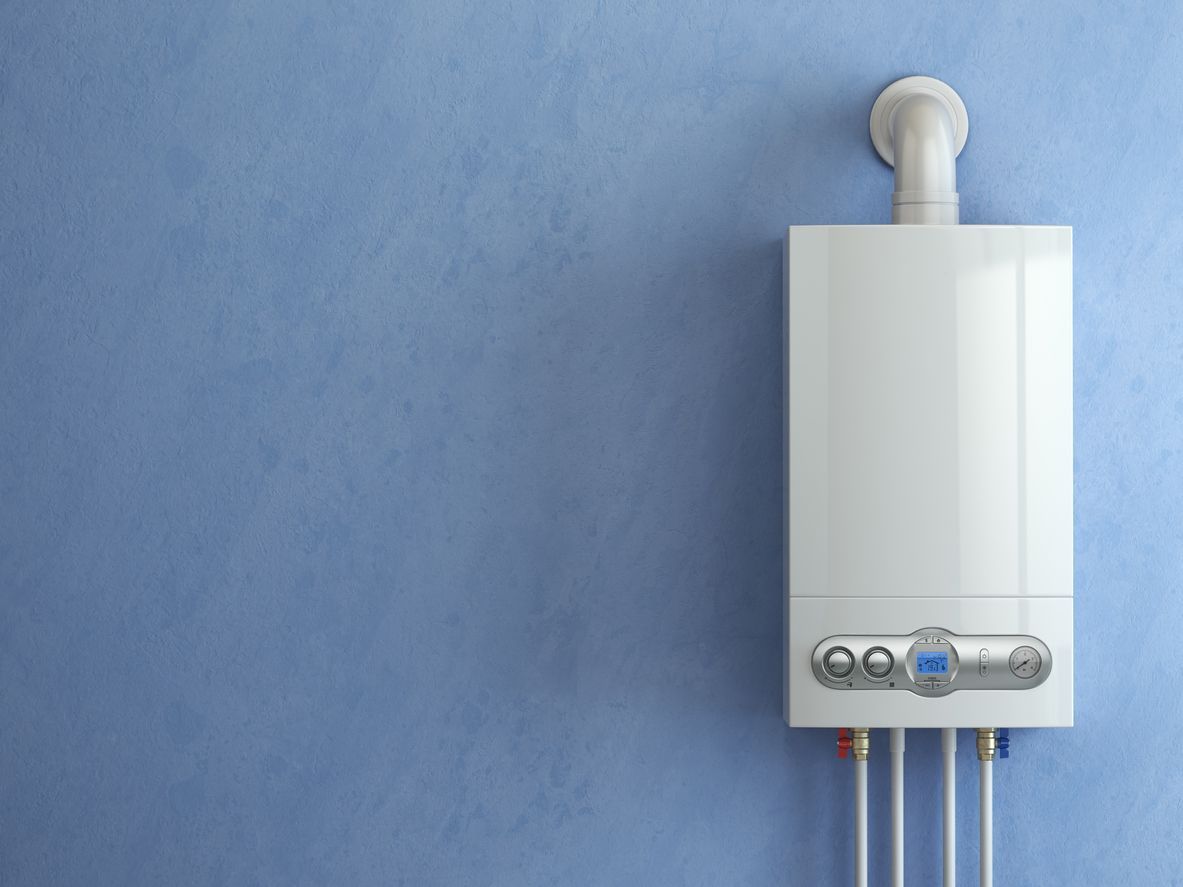Powerflush For Central Heating Systems: How does it work, and what are the benefits?
Introduction
A central heating system ensures a warm and comfortable home, especially during the colder months. One essential maintenance process is a power flush, which effectively cleanses the system, ensuring optimal performance and longevity. But what exactly is a power flush, and why should you consider it? Let's explore this essential aspect of heating system maintenance.
What is a Powerflush?
A power flush is a thorough cleaning process for the central heating system. It involves using specialised equipment and chemicals to remove sludge, rust, and other debris that has accumulated over time. This buildup can hinder the efficiency of your heating system, leading to cold spots and increased energy bills. Power flushing differs from chemical flushing, which is a more fundamental process. While a chemical flush uses chemicals to clean the system, a power flush employs high-pressure water and advanced tools to achieve a deeper clean.
How Does a Powerflush Work?
The powerflushing process begins with connecting a powerful pump to the central heating system. This pump circulates a mix of water and specialised cleaning chemicals through the system at high pressure. Magnetic filters often capture metal particles, such as iron sludge, dislodged during the process. Combining high-pressure and cleaning agents ensures all contaminants are removed from the system, including the hot water heat exchanger and the central heating system pump. Sludge or calcium buildup in an electrical heating system means there could be an underlying problem, allowing air into the central heating system and causing radiators and heat exchangers to corrode.
Why You Might Need a Powerflush
Several signs indicate that your old central heating system may benefit from a power flush. Common symptoms include cold radiators, even when the system is on full blast, unusual noises from the boiler installed or radiators, and an unexplained increase in energy bills. These issues often result from sludge and debris buildup, obstructing water flow and reducing the system's efficiency.
What are the benefits of power flushing? Untreated sludge and rust in your central heating system can cause havoc.
The Powerflushing Process Explained
- Preparation and Assessment: A qualified heating engineer will first assess the system to determine the extent of contamination. This step is crucial for tailoring the power flushing process to your system's needs.
- The Actual Flushing Process: The power begins by introducing cleaning chemicals into the system. The pump circulates these chemicals and water at high pressure, dislodging and flushing out all contaminants.
- Post-Flush Treatment: After the flush, the system is filled with clean water and a chemical neutraliser to balance the pH levels. An inhibitor fluid is also added to prevent future corrosion and buildup.
Key Components in Powerflushing
During the power, several critical components play vital roles:
- Hot Water Heat Exchanger: A crucial part of the system that transfers heat; it must be kept clean for efficient operation.
- Central Heating Pump: Ensures the proper circulation of water throughout the system.
- Magnetic Filters: These capture metallic debris, preventing it from recirculating.
Benefits of Powerflushing
The benefits of power flushing are manifold. First, it significantly improves heating efficiency, allowing your system to heat your home more effectively. This leads to a noticeable reduction in energy efficiency, as the system no longer has to work as hard to achieve the desired temperature. Additionally, by removing corrosive elements and debris, a power flush can extend the lifespan of your heating system, delaying the need for costly replacements.
Cost of a Powerflush
The cost of a power flush can vary depending on several factors, including the size of your system and the extent of contamination. At the same time, it may seem like a significant upfront expense, considering the long-term savings on energy bills and maintenance costs. A power flush is a cost-effective solution compared to replacing the entire system.
Power Flushing vs. Replacing Your Heating System
Choosing between a power flush and a complete system replacement can be challenging. If your system is relatively new and in good condition but has issues due to sludge buildup, a power flush is often the more economical. However, if your system is outdated and frequently breaks down, investing in a new installation might be more cost-effective in the long run.
DIY Powerflushing vs Professional Service
While some homeowners may consider a DIY power flush, hiring a professional is generally recommended. DIY attempts can be risky without the proper knowledge and equipment, potentially leading to system damage. A qualified professional, especially one who is Gas Safe registered, ensures the job is done safely and effectively.
How Often Should You Powerflush Your System?
It's generally recommended that you power your system every 5 to 6 years. However, this can vary depending on factors such as water hardness, the age of the system, and symptoms like cold radiators or noisy boilers. Regular maintenance checks help determine the optimal frequency for your specific setup.
Safety and Precautions
Handling cleaning chemicals and high-pressure equipment requires caution. Always ensure the system is in good condition before a power flush, as weakened components may not withstand the process. Hiring a qualified professional minimises risks and provides a thorough and safe cleaning.
The Role of Central Heating System Engineers
Central heating engineers play a crucial role in the power flushing process. Their expertise in assessing system conditions, choosing the right chemicals, and handling equipment is invaluable. When selecting a professional, look for qualifications and certifications, such as being Gas Safe registered, to ensure quality service.
Environmental Impact of Powerflushing
While powerflushing is highly effective, it's essential to consider its environmental impact. The disposal of contaminated liquid and the use of chemicals can have ecological consequences. Reputable engineers follow eco-friendly practices, such as proper disposal methods and using biodegradable chemicals.
Conclusion and Final Thoughts
Power flushing is an essential maintenance task that can significantly enhance the performance and longevity of your central heating system. Removing sludge and debris restores efficiency, reduces energy bills, and prolongs the system's lifespan. While the upfront cost may seem daunting, the long-term benefits and savings make it worthwhile. Always hire a qualified professional to carry out the power for optimal results.
FAQs
What is a power, and why is it necessary?
A power flush is a thorough cleaning process for the central heating system. It's necessary to remove sludge, rust, and debris that can hinder the system's efficiency and cause issues like cold radiators and noisy operation.
How long does a power flush take?
A power flush typically takes a few hours to complete, depending on the size of the system and the extent of contamination.
Can power-flushing damage my system?
When done correctly by a qualified professional, power flushing is safe and should not damage your system. However, attempting a DIY power flush without the proper knowledge and equipment can risk damage.
How do I know if my system needs a power flush?
Cold radiators, unusual noises, and rising energy bills indicate that your system may need a power flush. A professional assessment can confirm whether a power flush is necessary.
What are the risks of not powerflushing?
Regular power flushing may make your heating system efficient due to sludge buildup. This can lead to higher energy bills, frequent breakdowns, and a reduced system lifespan.








